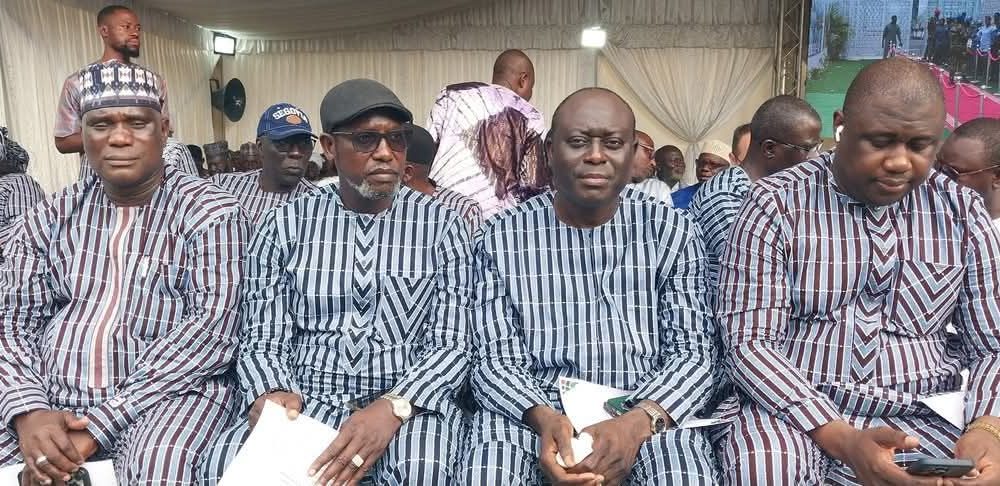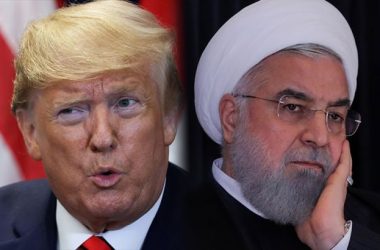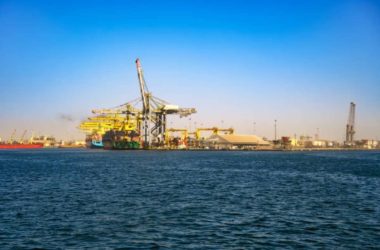There are calls amongst militants and supporters of the ruling National People’s Party (NPP) for a demonstration to counter the one recently held by Gambians Against Looted Assets (GALA) when thousands of young people came out in the streets to demonstrate against the rampant corruption and other vices currently gripping this country.
Probably, the objective of those calling for a counter-demonstration is to show that the NPP also has the capacity and capability to mobilize as many or even more people to come out in the streets and show support to the government. However, one would wonder whether they have thoroughly thought about the possible implications of such a decision. Apart from it being seen as an endorsement of corruption, it can also open the floodgates for demonstrations and counter-demonstrations by the other political parties.
Obviously, if the police issue a permit to the NPP to hold such a counter demonstration, there is nothing stopping the United Democratic Party (UDP), for instance, or any other political party or group to also seek a permit to demonstrate, and that could lead to chaos. Therefore, those members of the NPP calling for such a counter demonstration should think twice, and the police should also consider the possible implications of issuing the NPP a permit to demonstrate.
In the first place, we would all agree that GALA had quite genuine reasons to come out in the streets because the level of corruption in this country is quite unacceptable. Therefore, if the NPP were to also organize a counter demonstration, it would tantamount to endorsing corruption.
We have all been aware of the numerous financial and other scandals in virtually every sector of the society, and there has not been visible efforts on the part of the government to do anything to demonstrate the political will to curb the situation. Billions of Dalasis of tax-payers money had been mentioned in numerous scandals and fraudulent deals allegedly involving cabinet ministers and other senior government officials and there is clear reluctance on the part of the government to pursue those accused of being involved.
The very fact that it is approaching two years since the anti-corruption law was enacted and the government showing no hurry in setting up the commission, appears to be a clear manifestation of its lackadaisical attitude to fighting corruption. We have seen how the government has been giving a deaf ear to several corruption scandals, including its handling of the Jammeh Commission Report, with virtually all those who were found to have aided and abetted former President Yahya Jammeh in his nefarious activities, being let to go scot-free, with some of them being granted executive pardon by President Adama Barrow, apparently for political expediency.
We have also seen certain cases involving some top government officials being either discontinued or allowed to drag on with very little interest in pursuing them. A good case in point is the former Local Government Minister, Abba Sanyang case which seems to be on the verge of being allowed to die a natural death. There was also the Gam-Petroleum case which collapsed in court, apparently because of lack of due diligence in prosecuting it, and as a result, the millions of Dalasis involved may never be accounted for. Similarly, there are several outstanding audit queries involving millions of Dalasis of unaccounted funds which are not being vigorously pursued by the government.

Among the latest scandals is the multi-million-dollar Russian oil scandal in which several high-ranking public officials were alleged to have participated in defrauding the nation millions of Dalasis in unpaid taxes and other loss of revenue to the government. Yet, not only is the government keeping mute about it, but there are clear attempts to sweep it under the carpet, using some members of the National Assembly to water down their report on the matter, apparently, because some sacred cows were involved.
Whatever the case however, the idea of the NPP coming out in a counter demonstration would be quite indicative of the regime’s attitude towards fighting corruption.





